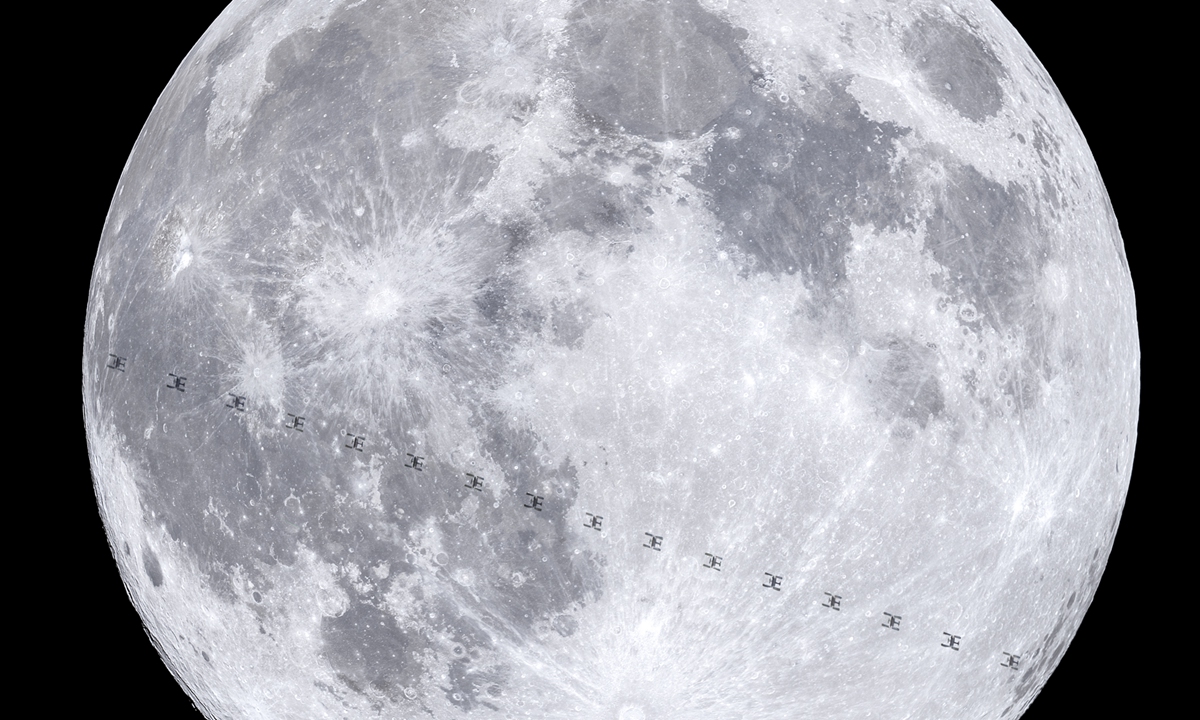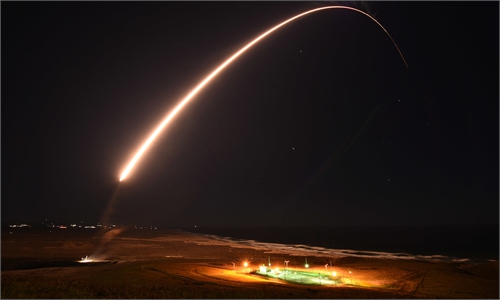SCI-TECH / AIR & SPACE
SpaceX to carry out 1st private spacewalk amid indifference to stranded ISS astronauts

Photo:VCG
SpaceX is less than one week away to launch its ambitious five-day manned spaceflight mission codenamed Polaris Dawn, which will carry four civilians, including American billionaire Jared Isaacman. The mission will attempt the world's first private spacewalk.
The mission, slated for launch on August 26, comes at a time when two astronauts aboard the International Space Station (ISS) have been stranded for months due to a malfunction in Boeing's spacecraft.
According to the US space news portal space.com, American billionaire Jared Isaacman will command the Polaris Dawn mission.
The mission, announced in 2022, will test new spacesuits for SpaceX during a planned two-hour spacewalk during the five-day mission, according to the space.com. Polaris Dawn will complete several orbits before raising its maximum altitude to about 1,400 kilometers - higher than any human has flown since the final Apollo mission in 1972.
Ahead of SpaceX's upcoming manned mission, NASA officials have addressed efforts to ensure the safety of astronauts Butch Wilmore and Suni Williams, who have been stranded aboard the ISS for months.
Wilmore and Williams embarked on June 5 for what was supposed to be an eight-day mission aboard Boeing's new Starliner spacecraft. However, before reaching the ISS, five of the spacecraft's thrusters malfunctioned, with multiple helium leaks discovered.
Against such backdrop, Chinese space watchers on Wednesday criticized that US space industry has become overly driven by capital interests, neglecting fundamental astronaut safety.
And before that, NASA has also cancelled a spacewalk at the ISS on June 24 following a spacesuit coolant leak in the hatch.
Chinese space observers noted that these recurring major issues serve as a warning about the decline in NASA's management system and the research and development capabilities of major US space heavyweights like Boeing.


